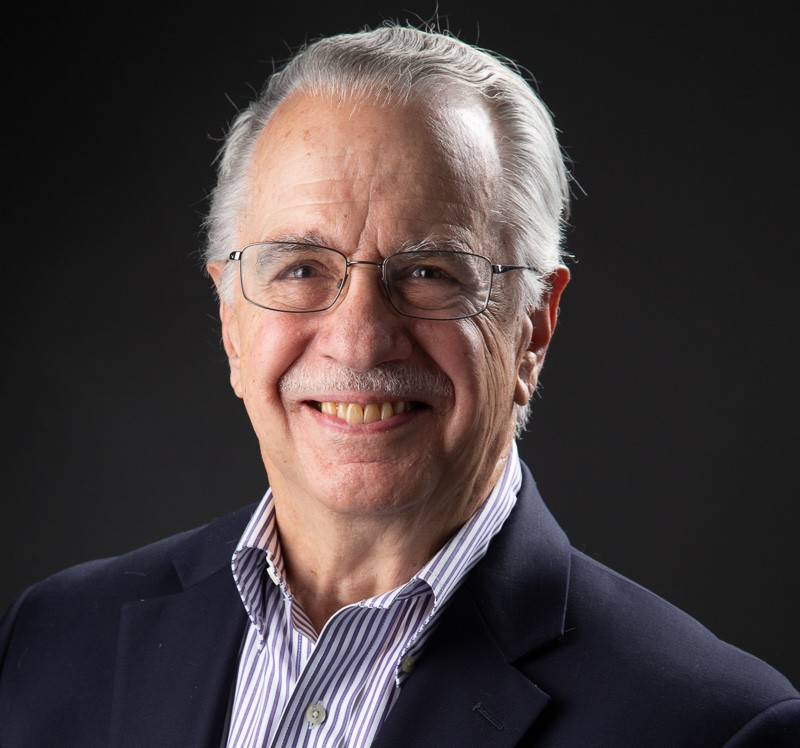The Truth, and USG Broadcasting - by John Lennon
 A recent submission to the PDCA newsletter presented a viewpoint about decisions to be made by the incoming Trump administration regarding the US Agency for Global Media, and particularly the Voice of America. The article expressed concerns about both USAGM and VOA – concerns alleging mismanagement and incompetence, politicization of content, intolerance of criticism – and a need for the new Congress and the incoming Trump administration to review, and overhaul, VOA and the agency.
A recent submission to the PDCA newsletter presented a viewpoint about decisions to be made by the incoming Trump administration regarding the US Agency for Global Media, and particularly the Voice of America. The article expressed concerns about both USAGM and VOA – concerns alleging mismanagement and incompetence, politicization of content, intolerance of criticism – and a need for the new Congress and the incoming Trump administration to review, and overhaul, VOA and the agency.What follows are some observations about the critique as well as reflections on the mission and guiding principles of VOA, and on the ways in which those principles have been put into practice over its long history.
First, every new Congress – and every new administration – conducts a review of all Federal agencies. USAGM is, in its current configuration, a result of such a review, having been reorganized and renamed in recent years to reflect its modern mission. VOA is routinely reviewed during the annual authorization and appropriation process on the Hill, guided in part by a budget request from the White House. Often, a new budget comes with changes. This is nothing new.
Second, some reflections about VOA’s operational issues and problems. During my 45-year career with VOA, I had many assignments and managed many aspects of its operations. I learned that:
- Political appointees – executives, line managers, and unit supervisors – are hired based on professional media expertise and achievements.
- All personnel including staff and contractors – no matter their function, position title, or seniority – are rated annually for effectiveness.
- All program personnel are tested, trained, and assigned to carry out their media functions according to accepted USG standards.
- Output on radio, television, and the internet is conceived and broadcast in accordance with mission requirements.
- All output on all media is reviewed annually for effectiveness in mission fulfillment; weak elements are revised, replaced, or eliminated.
- Journalistic output is prepared, supervised, and produced by both American and foreign-born personnel with backgrounds in journalism.
- Non-English contractors from around the world are utilized in a manner consistent with USG administrative laws, policies, and practices.
- Administrative support staff is in place to ensure adherence to federal laws regarding national security, procurement, and employment.
- Deliberate malfeasance, when discovered, is addressed in a timely manner according to federal laws and personnel policies; those who fail to observe legal and administrative requirements are held accountable.
What is new in 2025 – and what provided the stimulus for the previously published critique – is the atmosphere created by President-elect Donald Trump. Based on actions taken during Mr. Trump’s previous term, US and foreign media and experienced political observers have warned of possible efforts to make significant changes – including some that would substantially alter the agency, and VOA’s mission.
An article in The Guardian newspaper notes, “…during his first term, Trump attempted to weaponize the [USAGM] networks in an unprecedented way, turning them into propaganda outlets for his administration and its brand of far-right politics… These attitudes are corrosive to what America’s international broadcasters should be – a model of objective and inclusive journalism in a world which often sorely lacks both.”
The next administration takes office as the world copes with wars in Gaza and Ukraine; with civil conflicts in Syria, Yemen, Sudan, and Congo; with fighting in South Asia and Central America and North Africa; with growing unrest in Argentina and Venezuela – and growing right-wing power plays in Europe.
In times like these during the past 80-plus years, VOA has successfully addressed the concerns – and met the need for factual information – of populations in countries around the world. VOA’s internet, radio, and TV audiences currently total more than 420-million people. To keep them tuned in, we need to continue to report the good news, the bad news – the truth.
During his long career (1967-2012) at the Voice of America, John Lennon's assignments included strategic and operational responsibilities as a journalist, supervisor, manager, and senior executive.